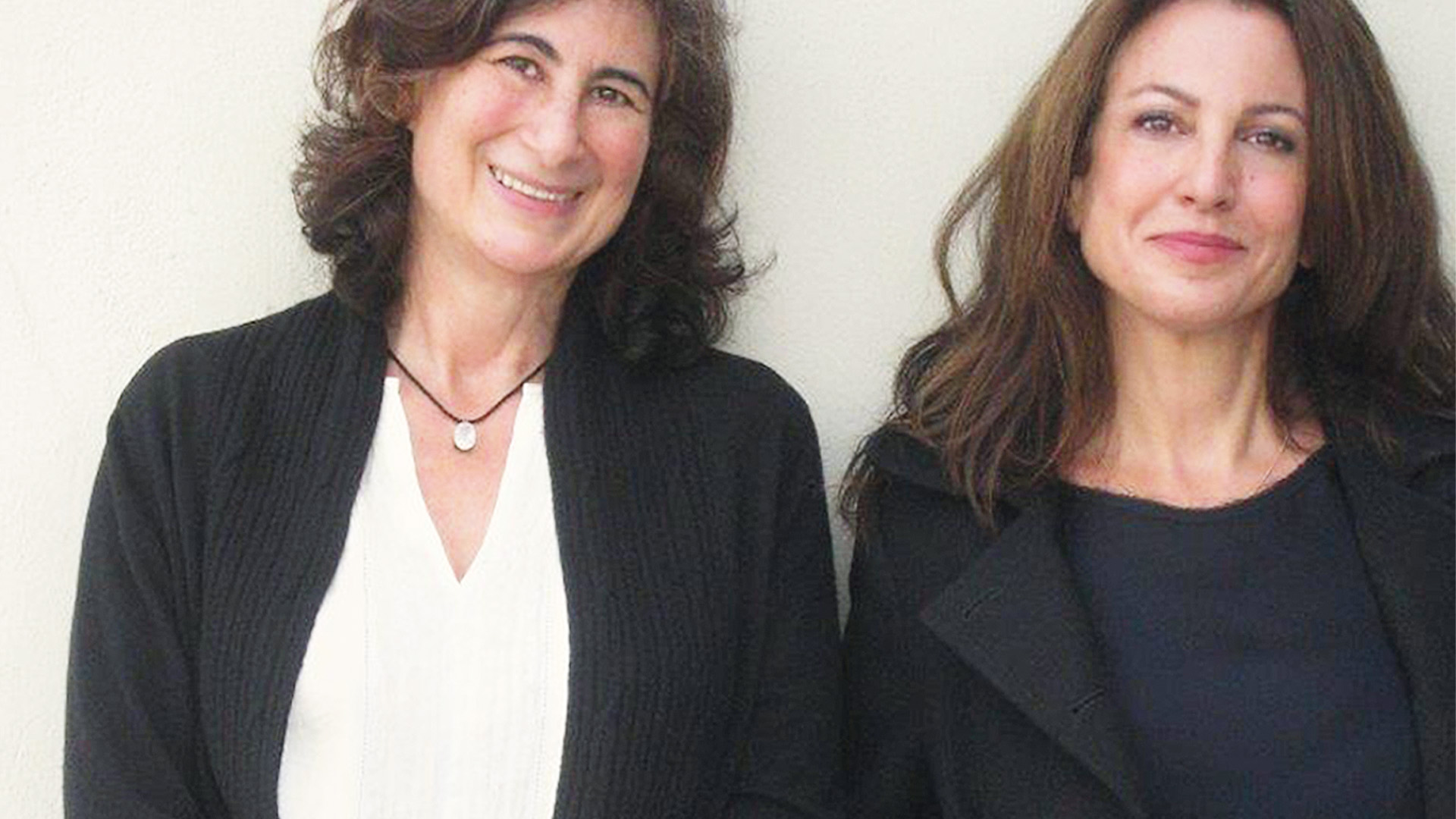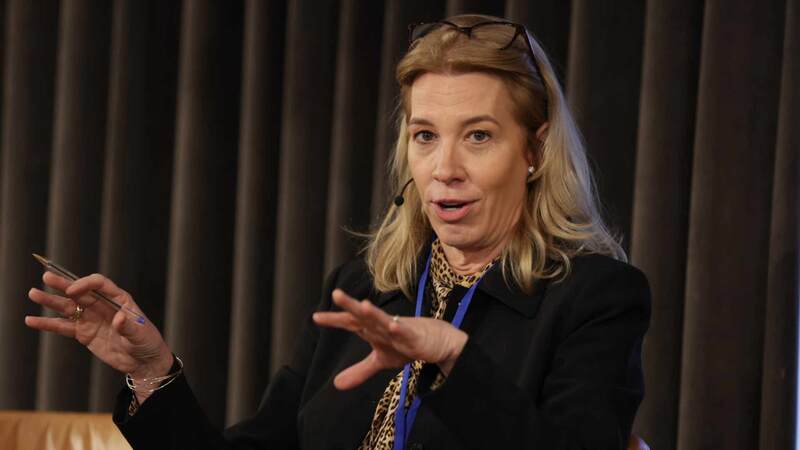You are viewing your 1 free article this month. Login to read more articles.
Newer frontiers
We are seeing the rise of the independent generalist with presses focused on service, editorial effort and chutzpah.

In my colleague Gayle Feldman’s latest article from New York – on two new independent publishers – one of her interviewees, Molly Stern, ejected from Penguin Random House in 2018 but now back with indie Zando, admits its been “harder than we imagined”. It’s an unusually frank and disarming aside. There is much talk about the constraints that come with working for one of the big groups, but for all of the virtues of going it alone, it’s tough to be single.
Feldman interviews Stern along with Cindy Spiegel who left PRH in 2019 when it shuttered the imprint Spiegel & Grau. Thanks to some smart work from their lawyer, S&G was reborn as an indie in 2020, run by Spiegel and her business partner Julie Grau. Highlighting other US Indies – particularly those founded and run by women at a time when the bigger players are helmed by men – Feldman asks: “Is this a movement?”.
If so, then I would argue the UK got in first, and some time ago. Over here Andrew Franklin (Profile), Adam Freudenheim (Pushkin), Amanda Ridout (Boldwood Books), Aimée Felone (Knights Of), Kate Wilson (Nosy Crow), Jenny Broom and Rachel Williams (Magic Cat), Mark Richards (Swift Press) and Kevin Duffy (Bluemoose Books) are all part of a similar wave whereby exiles from the corporate world do at their new businesses what, presumably, they were unable to do – or put off from doing – in their previous professional lives. In some cases it goes the other way too, with David Shelley a good recent example (once of Allison & Busby, now Hachette UK and US), and Victoria Barnsley, who founded and ran Fourth Estate before it was bought by HarperCollins where she became c.e.o., one from the Noughties.
The Nielsen bestseller charts are a reminder of just how difficult cut-through really is
Last week I mentioned how many smaller publishers opt to specialise, finding and then developing a niche far and away from those with the bigger chequebooks. But I no longer think of that as the norm. Instead we are seeing the rise of the independent generalist, presses not always able to compete on advances, but focused instead on service, editorial effort, chutzpah and publishing into the mainstream. As Spiegel says: “We’re trying to wed the best from that with what we learned earlier in our careers. We’re putting the editor back at the centre of the equation, driving sales and driving the vision.”
So should the bigger publishers be worried? I think it is worth a pause for thought. The restlessness within the corporates is real; the access to the general market a shift in favour of the risk-takers. A few things will make the groups feel better, however. First, the Nielsen bestseller charts are a reminder of just how difficult cut-through really is, and how spread betting works. Second, agents still privilege the bigger publishers. Third, many indies will get swallowed by the corporates when they reach a certain size: proving that this “harder than we imagined” only gets harder.
Nevertheless, old or new, this is a movement, and one that is gathering momentum.


















